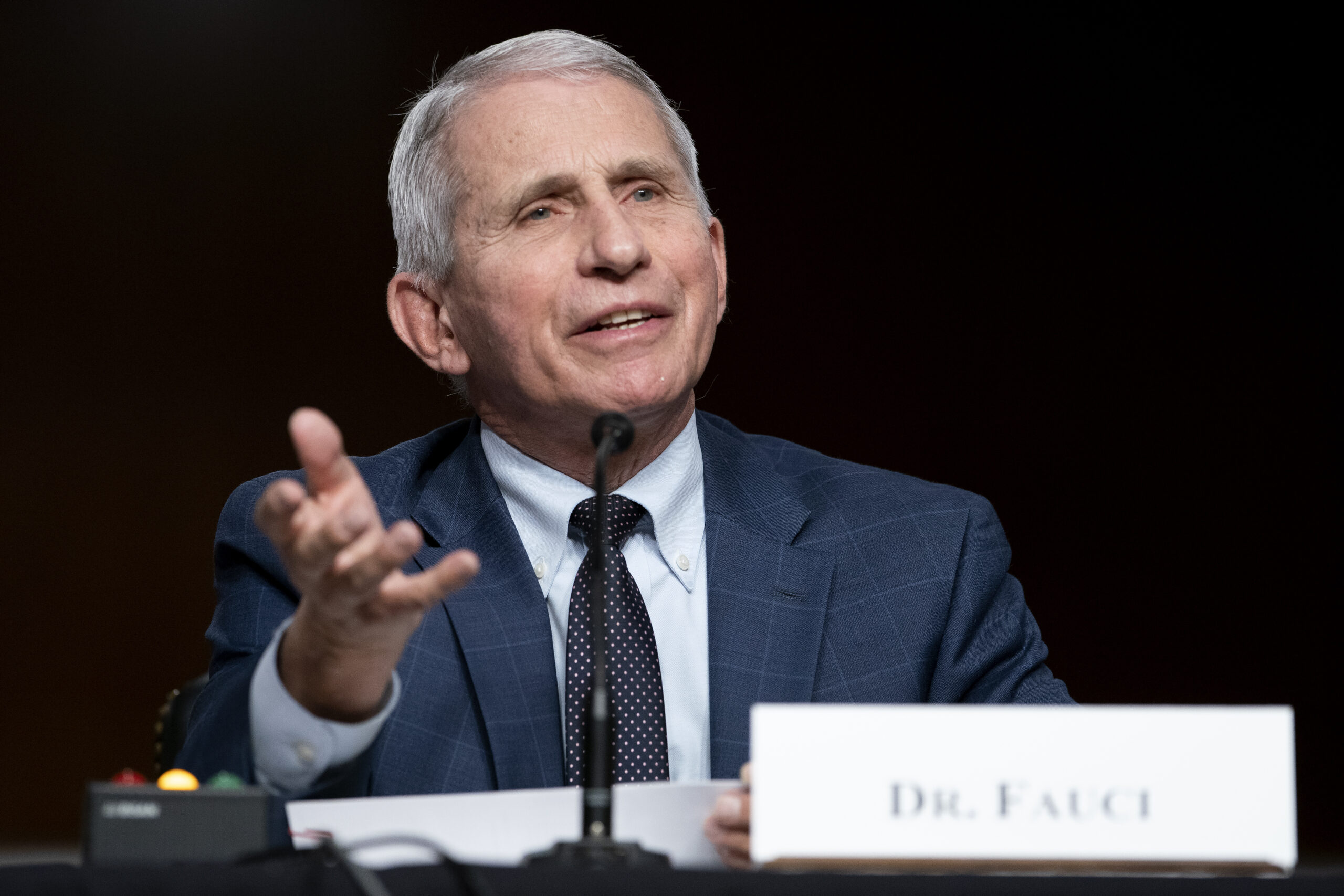
Anthony Fauci (Greg Nash/Pool via AP Images)
Fauci calls for development of pan-coronavirus and intranasal vaccines in fight against Covid variants
Even as vaccine manufacturers plow a path to market for Omicron-specific booster shots this fall, NIAID director Anthony Fauci’s message is clear: “Our job is …
Sign up to read this article for free.
Get free access to a limited number of articles, plus choose newsletters to get straight to your inbox.